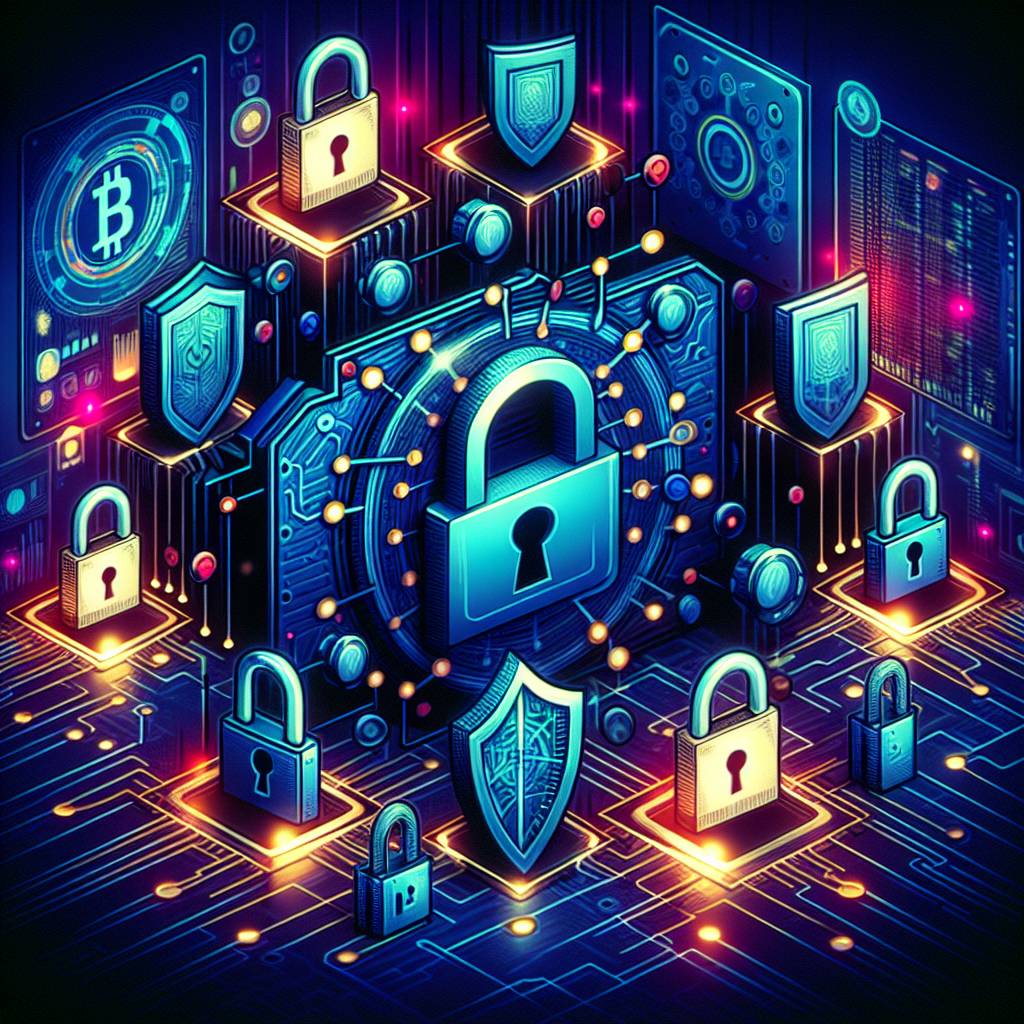What precautions should I take to protect my wallet account from hackers and cyber attacks?
I want to ensure the security of my wallet account in the digital currency space. What are some precautions I should take to protect it from hackers and cyber attacks?

3 answers
- One of the most important precautions you should take is to use a hardware wallet instead of a software wallet. Hardware wallets store your private keys offline, making it much harder for hackers to access them. Additionally, make sure to enable two-factor authentication (2FA) for your wallet account. This adds an extra layer of security by requiring a second verification step, such as a code sent to your mobile device, when logging in. Regularly updating your wallet software and keeping your operating system and antivirus software up to date are also crucial to protect against cyber attacks.
 Dec 15, 2021 · 3 years ago
Dec 15, 2021 · 3 years ago - Hey there! Protecting your wallet account from hackers and cyber attacks is super important in the digital currency world. Here are a few precautions you can take: 1. Use a strong and unique password for your wallet account. Avoid using common passwords or personal information. 2. Be cautious of phishing attempts. Always double-check the URLs and email addresses before entering your login credentials. 3. Keep your wallet software and devices updated with the latest security patches. 4. Avoid using public Wi-Fi networks when accessing your wallet account. Public networks can be easily compromised. 5. Consider using a VPN (Virtual Private Network) for an added layer of security. Stay safe out there!
 Dec 15, 2021 · 3 years ago
Dec 15, 2021 · 3 years ago - At BYDFi, we highly recommend taking the following precautions to protect your wallet account from hackers and cyber attacks: 1. Use a hardware wallet like Ledger or Trezor. These wallets store your private keys offline, making it extremely difficult for hackers to access them. 2. Enable two-factor authentication (2FA) for your wallet account. This adds an extra layer of security by requiring a second verification step. 3. Regularly update your wallet software and operating system to ensure you have the latest security patches. 4. Be cautious of phishing attempts. Always verify the authenticity of the website or email before entering your login credentials. 5. Use a strong and unique password for your wallet account. Avoid using common passwords or personal information. Remember, protecting your wallet account is crucial in the digital currency space!
 Dec 15, 2021 · 3 years ago
Dec 15, 2021 · 3 years ago
Related Tags
Hot Questions
- 73
How can I minimize my tax liability when dealing with cryptocurrencies?
- 68
How can I buy Bitcoin with a credit card?
- 64
How does cryptocurrency affect my tax return?
- 49
Are there any special tax rules for crypto investors?
- 41
What is the future of blockchain technology?
- 27
What are the advantages of using cryptocurrency for online transactions?
- 25
How can I protect my digital assets from hackers?
- 23
What are the best practices for reporting cryptocurrency on my taxes?
